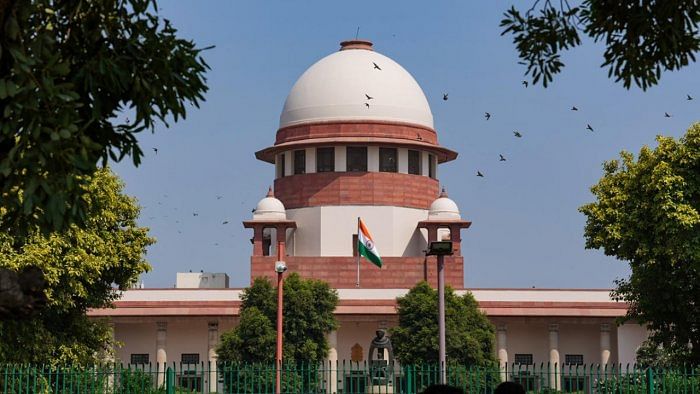
The Supreme Court on Tuesday ruled that armed forces can initiate court martial proceedings against their officers for adulterous acts.
Clarifying the landmark 2018 judgement that decriminalised adultery, a Constitution bench presided over by Justice K M Joseph said its verdict was not concerned with the provisions of the armed forces acts.
The court noted that Article 33 of the Constitution provided exemption to legislations governing armed forces even from applicability of the fundamental rights.
On a plea filed by NRI Joseph Shine, the top court had in 2018 had struck down Section 497 (adultery) of the Indian Penal Code, holding it unconstitutional.
On Tuesday, the bench, also comprising Justices Ajay Rastogi, Aniruddha Bose, Hrishikesh Roy and C T Ravikumar made the clarification saying the court then had no occasion to consider the effects upon the armed forces.
Additional Solicitor General Madhavi Divan, appearing for the defence ministry, sought a clarification, seeking an exemption to armed forces from the September 27, 2018 judgement.
The government said the judgement may hinder action against officers who indulged in such actions and can cause ‘instability’ within the services.
“In view of the 2018 judgement, there will always be a concern in the minds of the army personnel who are operating far away from their families under challenging conditions about the family indulging in untoward activities,” the application said.
Advocate Kaleeswaram Raj, who appeared for petitioner Shine, opposed the Centre’s plea as not maintainable.
